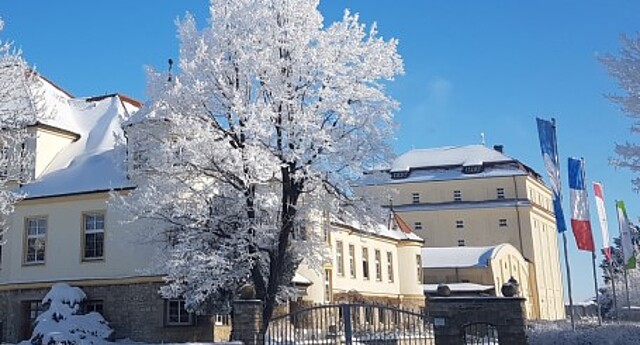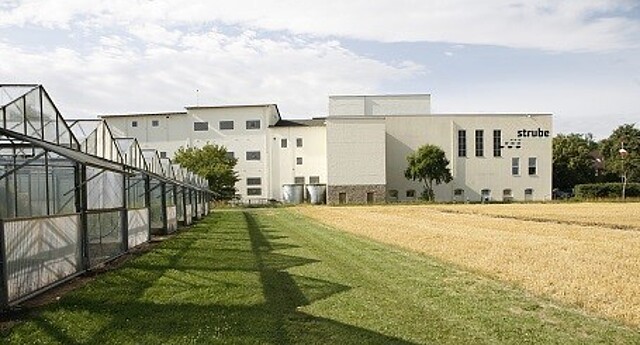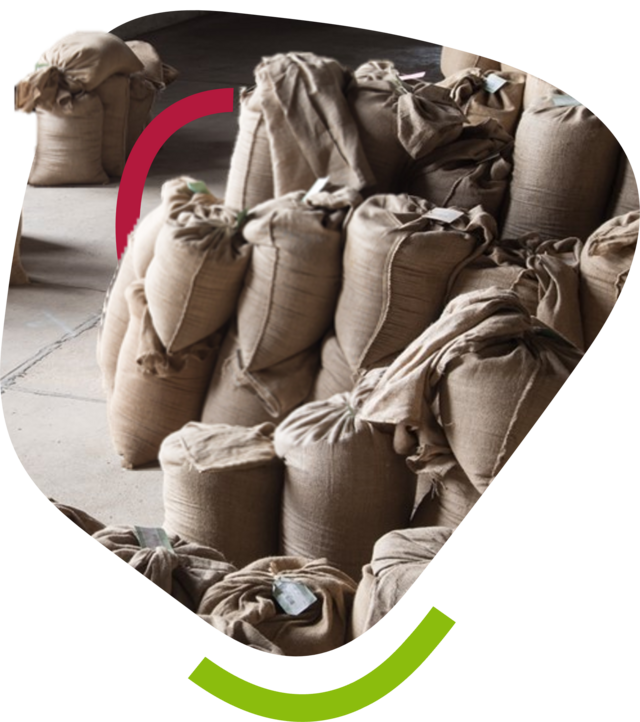
The company's roots
In the year 1877, the farmer Friedrich Strube began exploring the systematic breeding of sugar beet and wheat. With this he laid the foundation for the success story of the Strube company as a plant breeder and seed producer.
The climate and soils in the Harz foreland and in the Magdeburg Börde were ideal for field crops. As a result, many farmers were making selections of their best varieties in this time.
History
The first findings on the genetic inheritance of characteristics, such as the Mendelian inheritance, made a huge contribution to progress in crop production in those days.
Strube's success story continues: all along, our committed personnel and loyal customers have ensured the continued existence and growth of our company. Despite many challenges, Strube was able to develop into a successful breeder.
As a visionary plant breeder, we are looking towards the future. We are always working on better varieties in outstanding quality.

Locations
How everything began
Since its establishment in 1877 our company has changed, grown, and adapted to the requirements of the times. We will take you on a journey through our history.
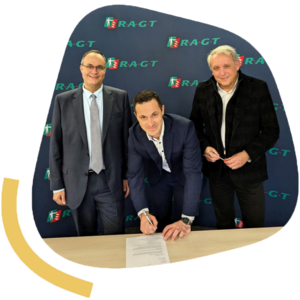
RAGT takes over the Deleplanque Group including Strube
We are joining forces - for a strong future in agriculture. Together, we offer farmers even more varieties, concentrated breeding expertise and practical solutions for the challenges of today and tomorrow. Partnership becomes progress - for and with agriculture.
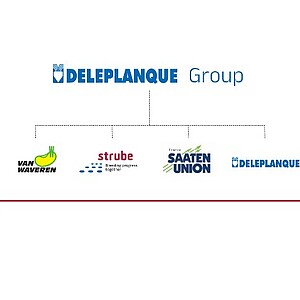
Deleplanque Group acquires 100% of Strube
Deleplanque announced that it has reached an agreement with SUET to acquire 100% of Strube. This transaction will be completed by 30th of June 2024. Since 2018, SUET, a pelleting specialist, had been 40% shareholder of Strube D&S.
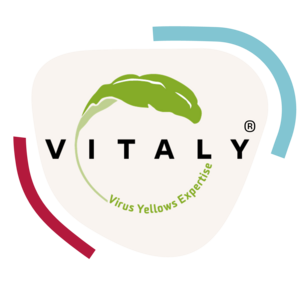
First virus yellows tollerant varieties
In 2010 we started the first research on Virus Yellows. Since 2023 we can offer you tolerant varieties. They will be marketed in our new variety range: Vitaly ®
These varieties perform on a high level under all Virus Yellows conditions.
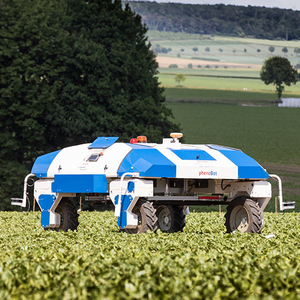
Presentation of PhenoBob
Development of the PhenoBob. The phenoFieldBot is a self-navigating vehicle with a camera system for the image-based analysis of plants.
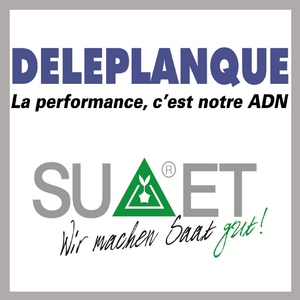
Change of ownership
The companies Deleplanque & Cie and SUET Saat- und Erntetechnik GmbH have acquired the seed company Strube on 1st April 2018.
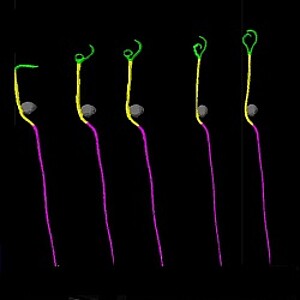
Presentation of phenoTest
Development of phenoTest, a high-throughput germination test method. The phenoTest is based on automated 4D-phenotyping of germinating seeds and the corresponding seedling in the laboratory.
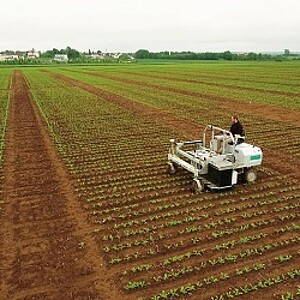
Presentation of Deepfield 4D-Scan
Development of the self-navigating crop emergence and seedling scanner: Deepfield 4D-Scan.
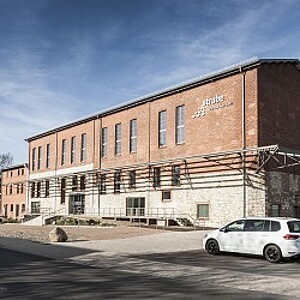
Forum Strube
Opening of the Forum Strube: The former sugar beet juice factory is turned into a modern office and conference centre.
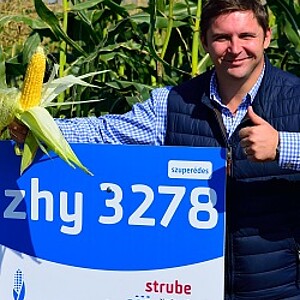
Sweet corn and vining pea
Strube becomes the exclusive distribution partner for sweetcorn and vining peas in Europe.
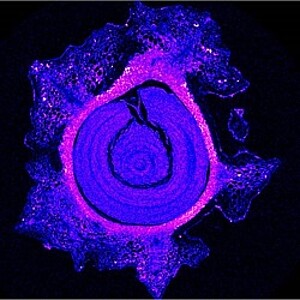
CT-Technology for seed analysis
Full automation of the CT technology for seed analysis.
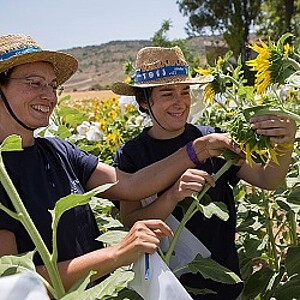
Sunflower
Expansion of the product portfolio with the addition of sunflowers.
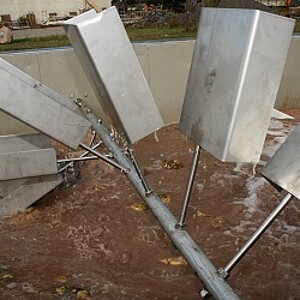
Weber cleaner
Mobile stone separation facility for sugar beets (Weber cleaner).
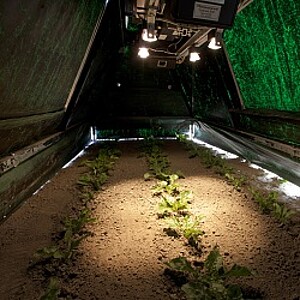
Plant laser scanner
Development of a plant laser scanner for precise measurement of the plants in the field.
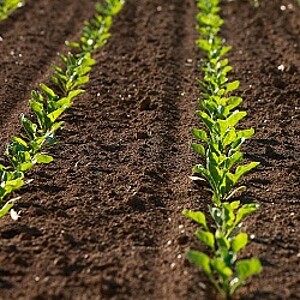
3Dplus seed activation
Introduction of 3Dplus seed activation. Higher sugar yields are achieved through faster field emergence.
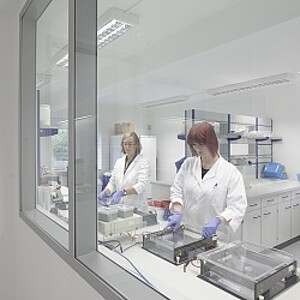
Biotechnology laboratory
Opening of the new biotechnology lab in Schlanstedt.
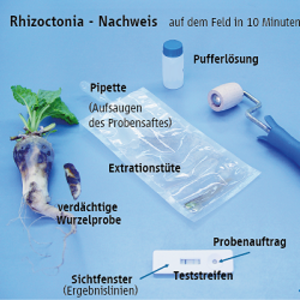
Quick tests
Use of quick tests for rhizomania and rhizoctonia.
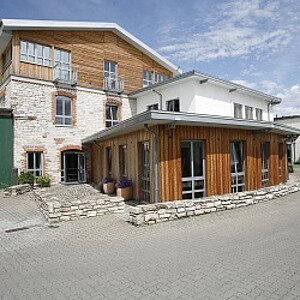
Seed Technology Centre
Opening of the Seed Technology Centre in Söllingen.

3D seed quality analysis
Introduction of computer tomography for three-dimensional analysis of the seed quality.
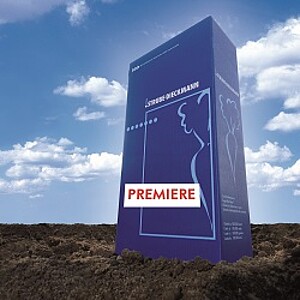
premiere
Marketing authorisation of the first rhizomania-, rhizoctonia-, and cercospora-tolerant variety premiere in Germany.
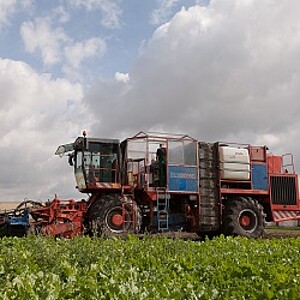
BlueMobil I
The first BlueMobil was put into operation. The converted beet lifter is a travelling laboratory, which not only harvests the plots, but also performs evaluations directly on-site.
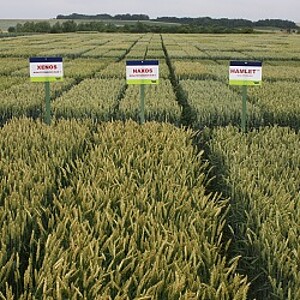
xenos
xenos was the first Strube facultative wheat variety to be given the trademark WeW®.
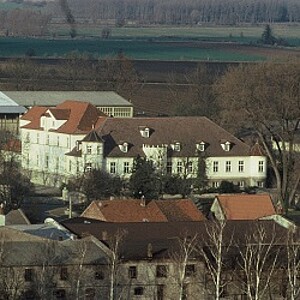
Schlanstedt
Reacquisition of parts of the ancestral seat in Schlanstedt after reunification.
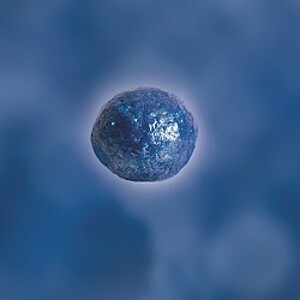
Seed quality index
Implementation of the seed quality index for analytical methods.
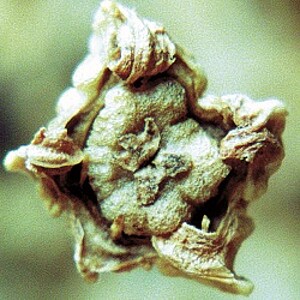
2D - automatic X-ray analysis
Introduction of automatic X-ray analysis to evaluate seed quality.
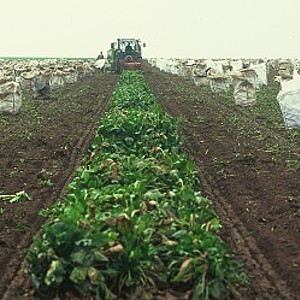
colibri
Marketing authorisation for the low soil tare variety colibri in Germany and France.
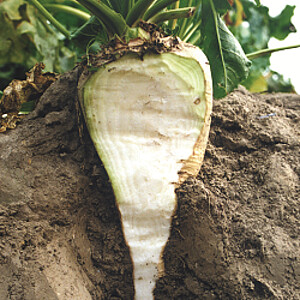
sanamono
Marketing authorisation of the first rhizomania-/cercospora-tolerant variety sanamono in Italy.
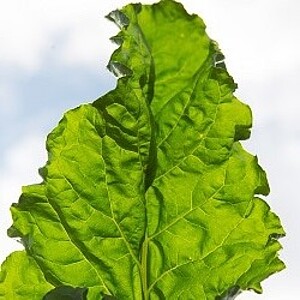
cermo
Marketing authorisation of the first cercospora-tolerant variety cermo in Italy.
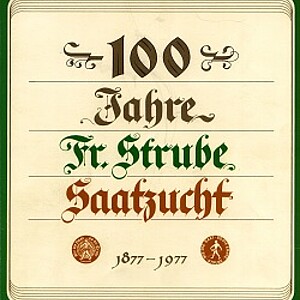
Strube celebrates the 100th anniversary
In spite of two world wars and the loss of the initial breeding station the company has become one of the biggest private breeding companies.
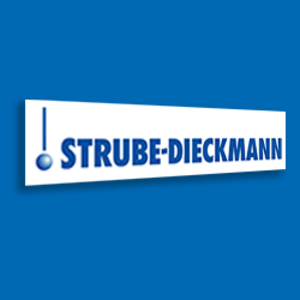
Strube-Dieckmann
Strube and Dieckmann found a sugar beet breeding community.
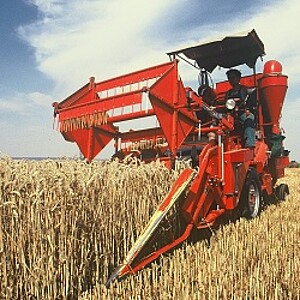
farino
Winter wheat farino, first A1 in Germany.
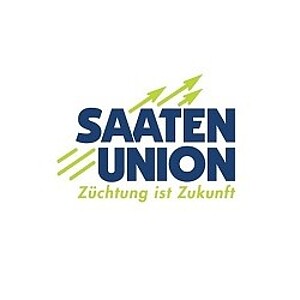
Saaten-Union
Founding of the Saaten-Union as a co-shareholder.
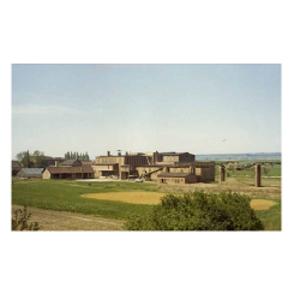
Sugar factory Söllingen
In Söllingen the management bought the closed sugar factory. The building was extended.
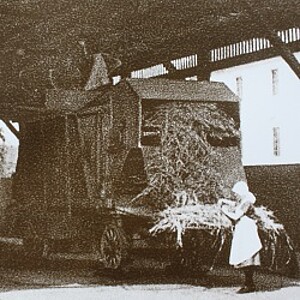
Strubes Fortschritt
Marketing authorisation of the first post-war wheat, the spring wheat Strubes fortschritt.
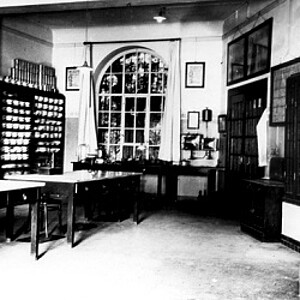
Restart of breeding
The company was re-established at the castle ground in Schöningen. Here the restart of the breeding took place.
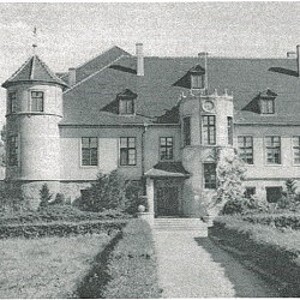
Expropriation Schlanstedt
Expropriation of the headquarter in Schlanstedt.
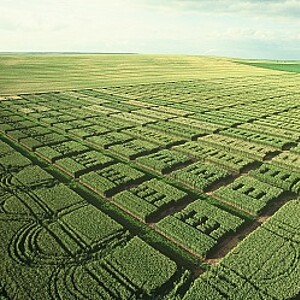
Strubes dickkopf II
Marketing authorisation of the winter wheat Strubes dickkopf II.
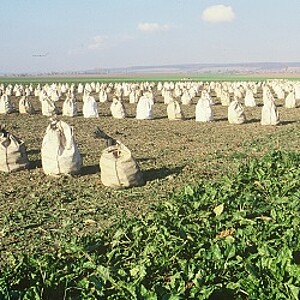
Marke GK
Marketing authorisation of the first easily lifted sugar beet variety Marke GK.
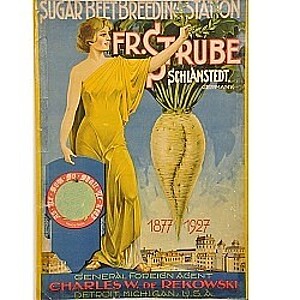
50 years Strube
The 50th anniversary of Strube strengthened the sales activities in the USA.
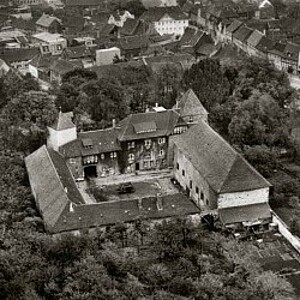
Castle ground Schöningen
The castle ground Schöningen in the district of Helmstedt was leased.
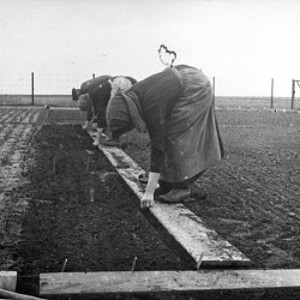
Breeding station Detenic
A breeding station was built in Detenic, Czechoslovakia.
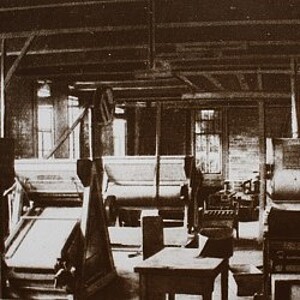
First german seed cleaning
Germany´s first seed cleaning system was put into operation.
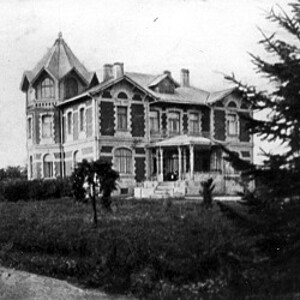
Test station Guty
Building of the breeding station in Guty in what was then Russia, in what is now Ukraine.
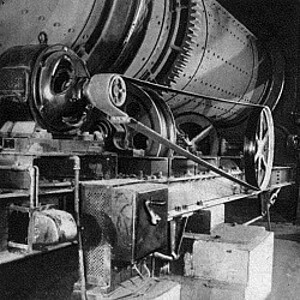
Seed dressing against common bunt
First introduction of industrial seed dressing for wheat against common bunt in Germany.
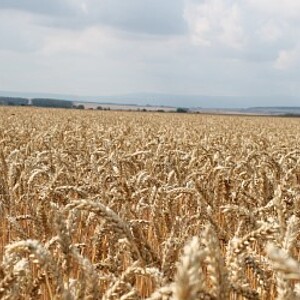
Strubes Roter Schlanstedter spring wheat
First DLG recognition of Strubes Roter Schlanstedter spring wheat.
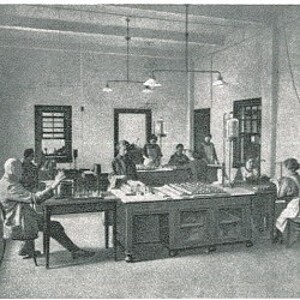
Technique development
In addition to new buildings with a grain elevator and rooms for processing Strube set up high-performance drying and treatement systems. Within this innovations Strube got a leading position in the German seed breeding companies.
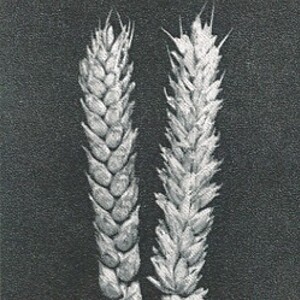
Strubes dickkopf
Awarding of the DLG gold medal for the winter wheat variety Strubes dickkopf (originally Strubes Schlanstedter Squarehead).
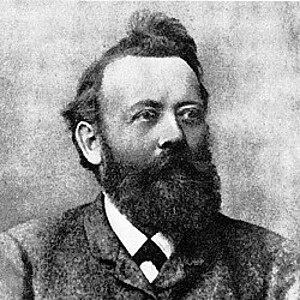
Foundation
The farmer Friedrich Strube began with the selective breeding of sugar beet and wheat in Schlanstedt, Upper-Saxony.


